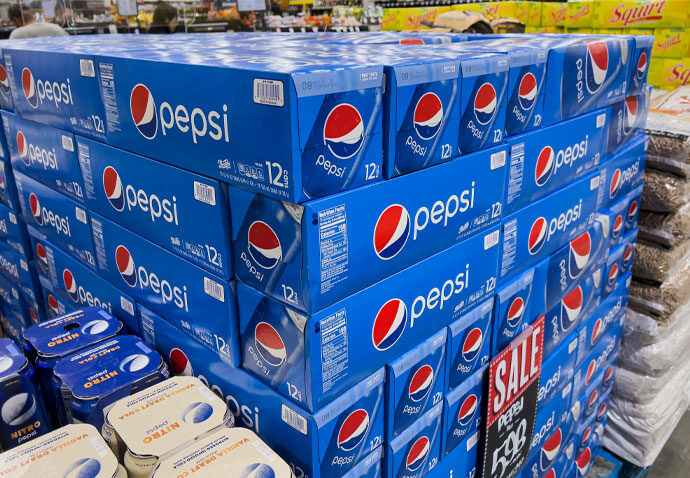PURCHASE, NY. — PepsiCo, Inc. is seeking to grow the percentage of its beverages sold through reusable models from 10% to 20% by 2030 as part of its pep+ sustainability initiative.
The company’s newly announced packaging goal reinforces its prior commitment to reduce single-use virgin plastic per serving by 50% by 2030. The goal will be supported through a four-pronged approach based on a framework from the Ellen MacArthur Foundation, a sustainability company that aids in the transition to a circular economy.
“Fundamentally transforming the traditional beverage consumption model will require making reusable and refillable options accessible and convenient, at scale, for consumers — and that’s what PepsiCo aims to do,” said Jim Andrew, chief sustainability officer at PepsiCo. “PepsiCo will accelerate our investment in disruptive innovation and advocate for policies that allow us to scale up reusable packaging options, platforms and programs so that we can offer consumers a wide variety of alternative ways to enjoy their favorite beverages while moving away from reliance on single-use packaging.”
At the center of its approach sits the company’s at-home sparkling water business, SodaStream. The brand has been one of PepsiCo’s key investments in sustainability since its acquisition in 2018 and was the subject of aggressive plans for global scaling in 2021.
More recently, SodaStream underwent a major brand repositioning in September that included the launch of a premium line of sparkling water machines and a redesign of the brand’s imaging. The company will continue to prioritize SodaStream’s expansion to achieve its new goal, estimating the brand could reduce the need for more than 200 billion plastic bottles by 2030.
Other prongs in PepsiCo’s approach include increasing its refillable plastic and glass bottle offerings and utilizing existing return programs in major markets such as Mexico, Guatemala, Colombia, Chile, Germany and the Philippines; continuing to invest in the development of powders and concentrates for PepsiCo brands like Gatorade, Propel and Muscle Milks; and developing its fountain drink business with reusable containers.
“We know we cannot recycle our way out of this plastic pollution crisis,” said Sander Defruyt, lead for the Plastic Initiative at the Ellen MacArthur Foundation. “By avoiding single-use packaging waste in the first place, reuse business models are an important part of creating a circular economy.”
PepsiCo’s packaging efforts represent a growing trend within the food and beverage industry, mirroring recent investments in sustainable packing initiatives from companies like Nestle SA, The Coca-Cola Co. and Danone SA.





